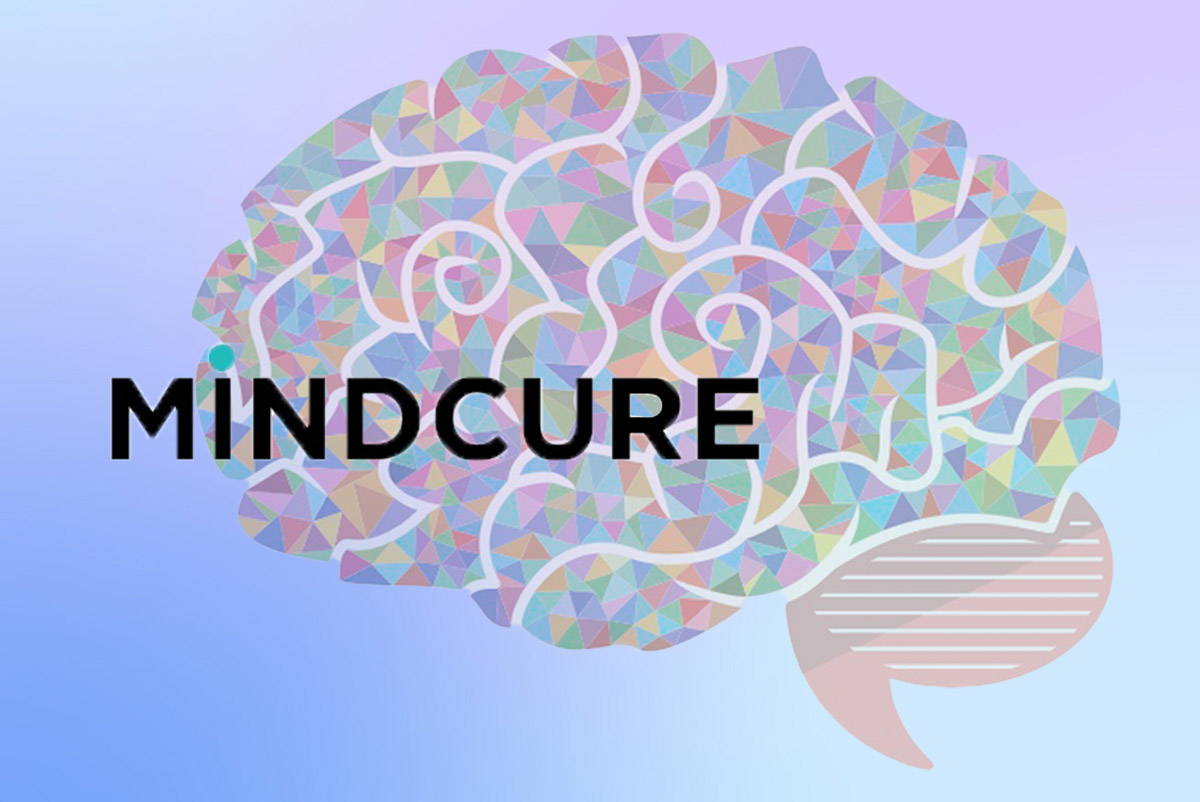
Mind Cure Health is shuttering its current business strategy revolving around psychedelic medicine, the company announced Wednesday.
Psychedelic Spotlight reported last month that the Vancouver-based company was undergoing a strategic review, with its Board of Directors forming a special committee of independent directors to initiate a review process to explore, review and evaluate a broad range of strategic alternatives to its current direction: MDMA-assisted psychotherapy to help women overcome lack of desire, and manufacturing synthetic ibogaine for researchers.
Although the review did not yield any strategic alternatives, it did determine that capital required to execute those business ventures is unlikely to be found in the market. As a result of this conclusion, the Board has decided to immediately eliminate all expenditures outside those required to preserve the value of the Mind Cure’s assets, including its public company status with Canadian securities regulators and the $10.57 million cash on hand, counted yesterday.
Effective immediately, Mind Cure is undergoing company-wide workforce reduction with respect to all of its C-suite executives and employees — other than its Chief Financial Officer, Vice President of Engineering and certain administrative staff required to wind-down operations, and for limited care and maintenance. The company is halting the research and development related to its synthetic ibogaine program, as well as its “Desire Project” and iSTRYMTM app that optimizes the healing journey for both patients and clinicians before, during, and after therapy sessions.
“Though we continue the Strategic Review Process, we have identified no available strategic alternatives that would require further development and execution of MINDCURE’s existing business plan,” says Jason Palmer, the Chair of the special committee. Philip Tapley, the Chair of Mind Cure’s board of directors, will assume interim CEO duties from previous chief executive Kelsey Ramsden, who Psychedelic Spotlight interviewed at last year’s Wonderland psychedelic conference.
“While we truly appreciate the impact of these changes on our team and our suppliers, our strategic review process has led us to believe that the actions announced in this news release are necessary to preserve cash position and maintain value of the company’s other assets while the company continues to seek a strategic transaction,” says Tapley. “Also, on behalf of the Board, I would like to thank Kelsey Ramsden for her dedicated service to the Company which began shortly after the Company went public in 2020. We are grateful to Kelsey for her strong leadership on behalf of all stakeholders.”
The announcement ends emphasizing the Mind Cure has not made any decisions related to strategic alternatives at this time, and that there can be no assurance that the evaluation of strategic alternatives will result in any transaction proceeding or change in strategy. However, the revised “about” section that accompanies this most recent press release drops mention of psychedelics entirely. Mind Cure is now described as “a life sciences company focused on innovating and commercializing new ways to promote healing and improve mental health.”
“This makes a merger or acquisition of the company much more likley,” says our resident Psychedelic Investor James Hallifax. “Unfortunately, this was not super unseen, both for Mind Cure specifically, and the small companies in general. As stock prices have been in the toilet, raising capital has been extraordinarily difficult.”
“We should expect to see more such moves in the future,” he adds. “We saw similar trends in cannabis. We have 50+ companies in the space right now, and it is possible that capital is spread too thin. While this may not be the best for Mind Cure, having that number drop to say, 30 or 25 would increase the amount of money each specific company has. This is a very expensive business, so we shouldn’t be surprised if this is just the first domino.”





